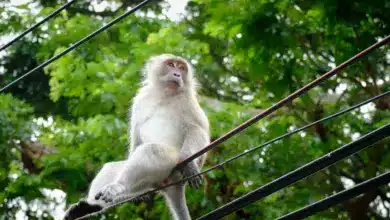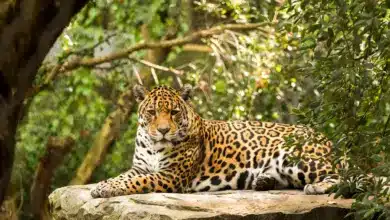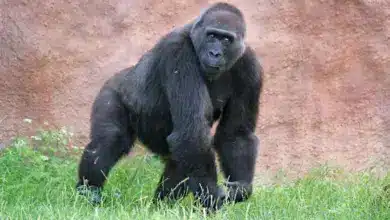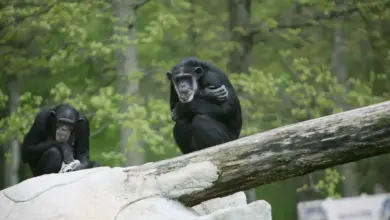Most monkeys are rainforest monkeys. Of the approximately 260 monkey species in the world, the vast majority live in rain forests, with the remainder living in other types of tropical or subtropical environments such as dry forests or grasslands.`
[ez-toc]
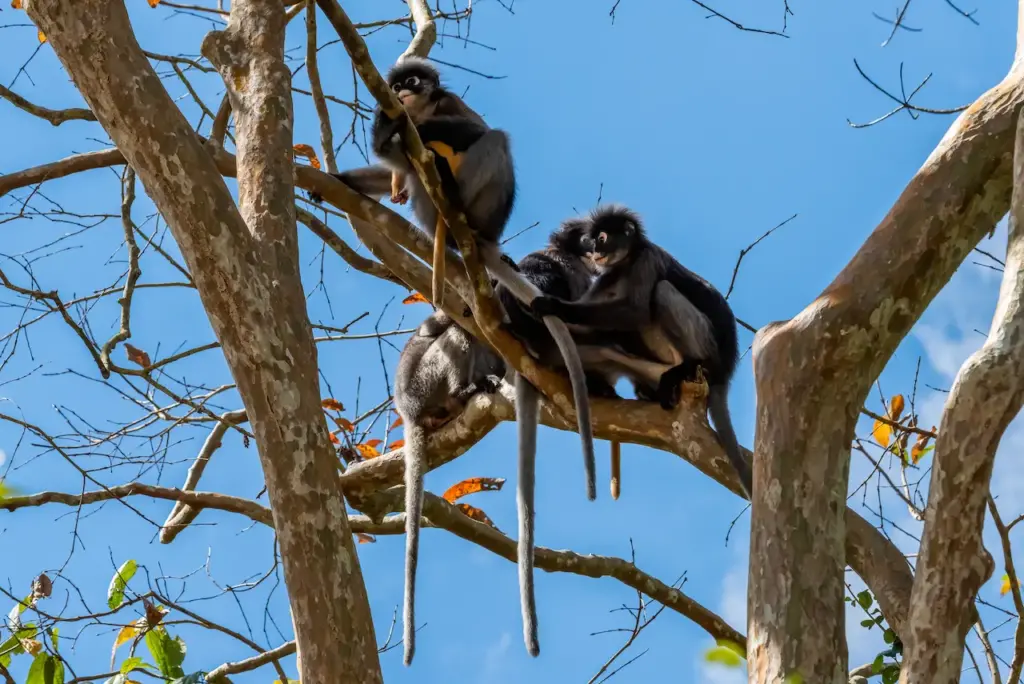
Scientists tell us that there are major differences between New World monkeys, including the Amazon rainforest monkey, and the Old World monkeys of Africa and Asia. Fossil and genetic evidence indicates that Africa and Asian monkeys shared a common ancestor with modern apes and humans much more recently than did the monkeys of the Americas. This means that the monkeys of the Old World rain forests are much more closely related to apes and humans than they are to the American rainforest monkeys.
Physical differences between Old and New World monkeys include that of size—monkeys of the Old World tend to be larger—as well as the fact that almost all American monkeys have a long tail, called a prehensile tail, that they can use for hanging onto trees, almost like a fifth arm. Old World monkeys lack this prehensile tail.
Rain forests are perfect environments for monkeys, because most monkey species are arboreal, meaning they live in trees, and all rain forests are full of very tall trees. In addition, rain forests are rich in fruits, insects, bird’s eggs, and small birds—all things that rainforest monkeys like to eat.
Almost all rainforest monkeys live and forage in groups. When one monkey spots danger, it makes an alarm call to warn all the others in the extended family.
